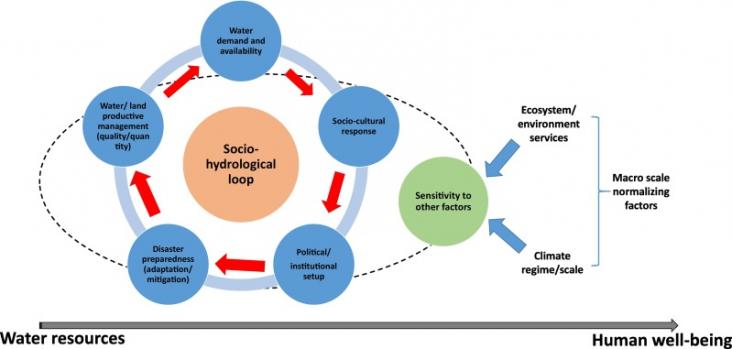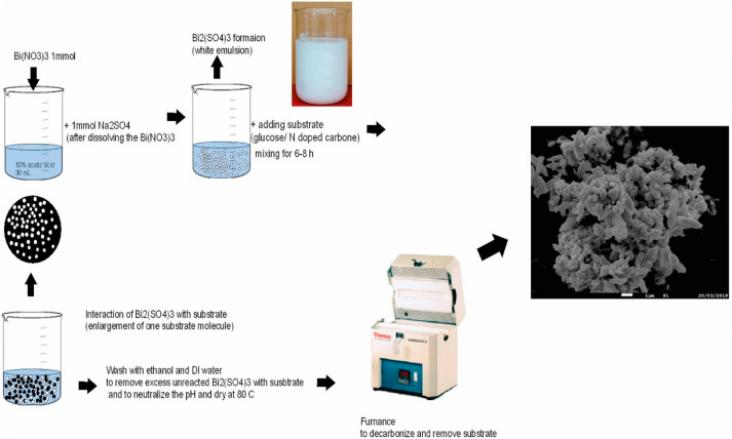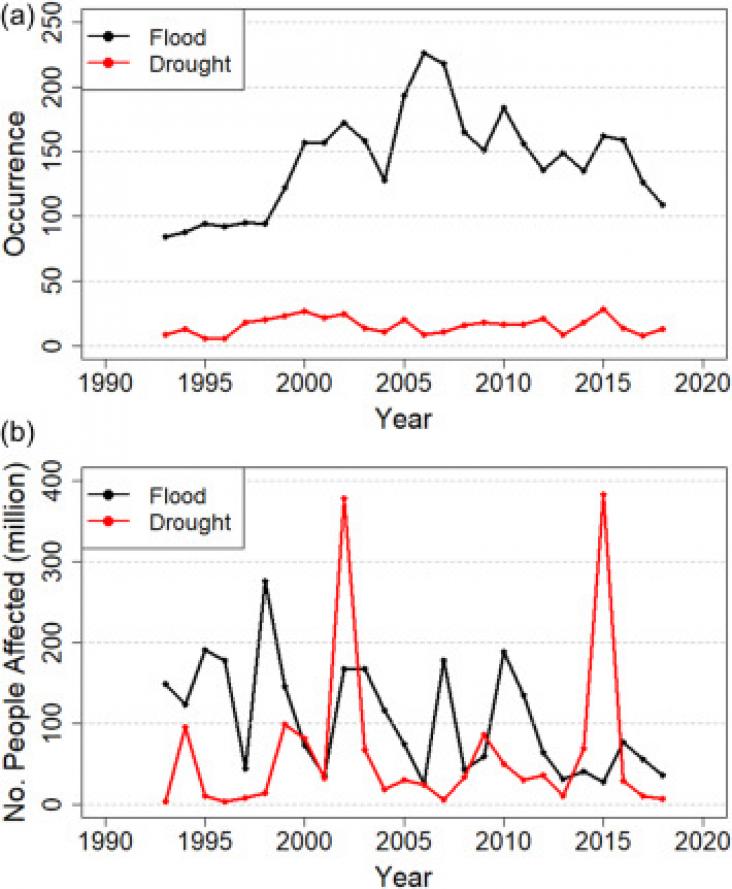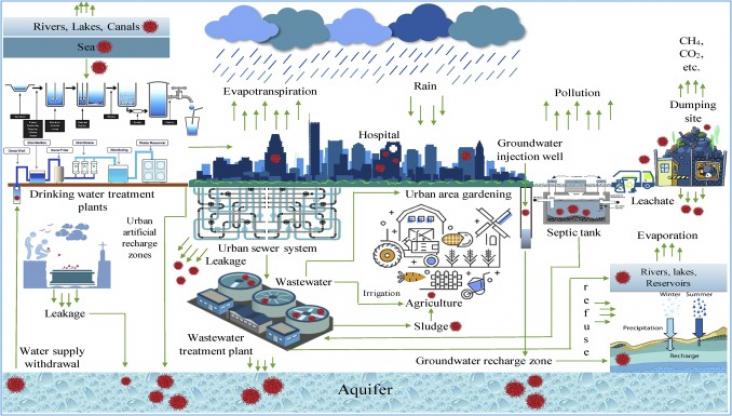The reported number of cases of Acanthamoeba amebic keratitis (AK) is continually increasing.

Reaching the Sustainable Development Goal (SDG) 6 on water and sanitation is fundamentally important and conditional to the achievement of all the other SDGs.

Recent policy developments in Europe consider the importance of water ecosystems to human wellbeing and the detrimental effects that multiple pressures may have on them.

Agricultural pesticides represent a significant class of endocrine-disrupting chemicals (EDCs) to which non-target organisms around the world are constantly exposed.

This paper presents challenges for water security in the three largest riverine islands in Asia, a socio-hydrology approach to manage water scarcity and human well-being, and an adaptive management cycle to implement socio-hydrology in the field.

Iodide and bromide ions in surface and ground waters can react with natural organic matters and produce toxic disinfectant by-products. A novel bismuth composite material has been developed for the removal of iodides and bromides at parts per million concentrations.

This paper examines the global trends and main health impacts of these events based on databases and case studies, identifies gaps in the Sustainable Development Goals (SDGs) indicator framework for monitoring health impacts of disasters and suggests recommendations to address these gaps.
This chapter advances SDG 6 by explaining the use of cluster analysis, multivariate statistical methods, principal component analysis, and factor analysis for the interpretation and analysis of difficult water quality data

Increased concern has recently emerged pertaining to the occurrence of severe acute respiratory syndrome coronavirus 2 (SARS-CoV-2) in aquatic environment during the current coronavirus disease 2019 (
Technology can be used to target hotspots of marine plastic pollution. The Inventory is a tool to identify plastic pollution prevention and cleanup technologies.
